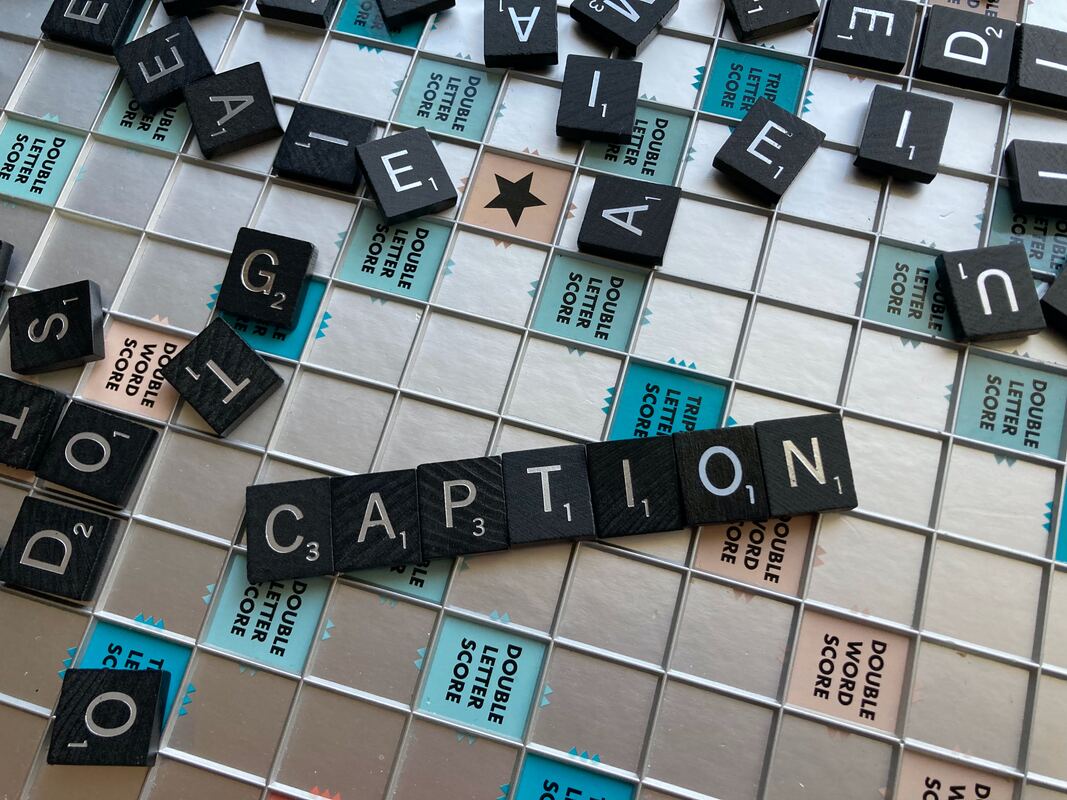|
by Courtney R. Hall
0 Comments
by Sean Wolff
by Emily Langford  Photo by Sincerely Media on Unsplash Photo by Sincerely Media on Unsplash As a queer, “elder millennial” who watched as personal computers suddenly took root in our homes, I experienced the rise of online fandom firsthand. Prior to the internet, my experience with fandom was a solo one, I didn’t know anyone who had the same obsessive passion for stories and characters like I had. I was the annoying kid who would, unprompted, spew out tidbits and theories about books and movies, the weirdo who was off in her own little world where all her characters existed at my day-dreamy little whims. I was tolerated at best and I eventually learned to keep my fervor to myself. I remember the first time I entered the titles of my favorite obsessions into the search bar. Suddenly, I was very much not alone. Each of my hyperfixations had a dedicated chat room or message board with other people who understood, who shared my passions. I finally found a place of acceptance. by Kelli Hughes
As a hearing person, while I appreciate the affordances of subtitles, I do not need them to experience media. But that isn’t the case for everyone. Nearly 15% of adults in America report difficulty hearing, and 8% of Americans report some degree of vision loss. Where one person listens to the TikTok their buddy sent them for a laugh, another person requires closed captioning so they can read the joke on their screen. Without the proper use of accessibility tools, several users are excluded from the same experience.
by Allison Padron For some, the words "literary fiction" brings up images of tweed jackets, learned academics, dinner conversations over wine, and personal libraries filled with only the finest of literature. The "literary" label is usually applied by critics to novels considered so intellectual, so linguistically beautiful, and so meaningful that they apparently need to be separated out from the mass-market, "mindless" genre novels. The debate about the distinctions between genre fiction and literary fiction still rages (as it likely will for many more years), with some classifying literary fiction as an entirely different genre, others as a continuum with genre fiction, and still others saying the "literary" quality is something that a novel of any genre can possess. From everything I’ve read on the subject, though, no one seems to have come up with a clear definition of literary fiction (other than "not genre fiction"), which begs the question: why call anything literary fiction at all?
|
Archives
July 2024
Categories
All
|
|
Glassworks is a publication of Rowan University's Master of Arts in Writing 260 Victoria Street • Glassboro, New Jersey 08028 [email protected] |
All Content on this Site (c) 2024 Glassworks
|




 RSS Feed
RSS Feed
